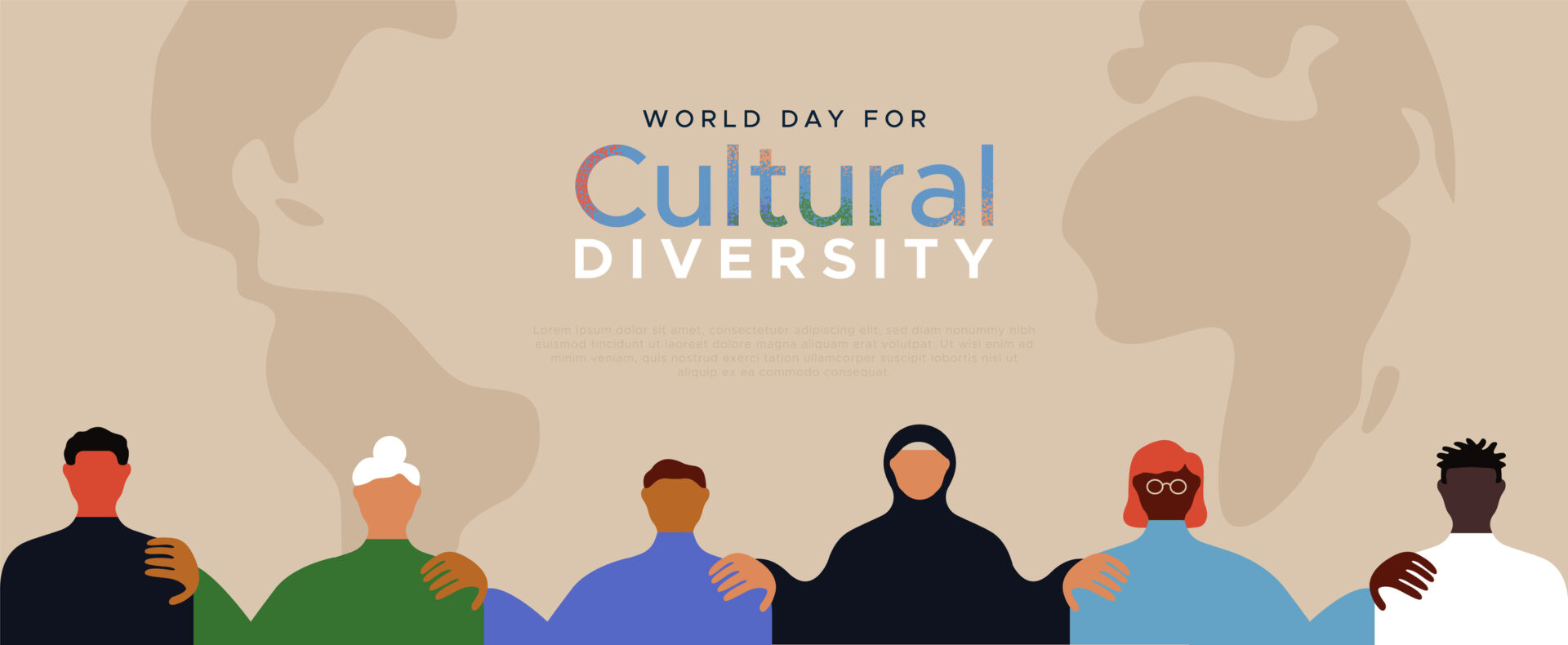According to research by the National Alliance on Mental Illness, depression and other mental illnesses are 15-30% more likely in medical students as compared with the general population—this figure is alarming, especially since such mood disorders do not always disappear upon graduation. Many physicians experience burnout, depression, and anxiety associated with the high demands and great expectations of healthcare professionals. For some, these feelings are temporary—they share their feelings with loved ones or a trusted professional.
While there are many resources physicians can utilize to improve their mental well-being, some forgo them entirely. Why? The answer is simple, they fear losing their license or being told they are unfit for work. Addressing mental health concerns can help you excel at your job by helping you stay present.
In honor of National Mental Health Month, we’ve rounded up a list of apps, books, and movies to help elevate moods, cultivate mindfulness and remove stigmas associated with anxiety disorders, emotional disorders, depression, dissociation, eating disorders, OCD, paranoia, PTSD, and more.
While the apps, books, and movies listed below may help part rainclouds hanging over your head temporarily, persistent low moods and mental illnesses like those listed above may require the expertise and attention of a trained professional. If you or someone you know is struggling, call the National Alliance on Mental Illness Helpline at 800-950-NAMI or text NAMI to 741741.
Apps to Provide Clarity
1. Headspace
Some people swear by meditation—they use it as a tool to improve to get in touch with their feelings, lower their blood pressure, and eliminate negative thoughts. While the never-ending list of benefits meditation can fuel one’s practice, others may find it difficult to sit still and in silence for any length of time. Enter headspace—a secret weapon for meditating. With this app, users can work their way up, going from mediating just five minutes at a time to more than thirty! Headspace’s guided meditation checks in on users, providing encouragement. While the app isn’t completely free, users can try things out before making a financial commitment. As a bonus, headspace recently partnered with Netflix on a series that addresses obstacles to restful sleep and helps viewers overcome them. If you prefer reading to guided meditation to television, Headspace has you covered—they have an extensive online hub of articles on everything from being present to fostering gratitude.
2. Happify
Happify is a different way to address mental health struggles. In some ways, the mini-game-driven app serves as a distraction encouraging users to release negative thoughts and stress through meditation, quizzes, and short activities. The app has many positive reviews and an average rating of 4.5 out of 5 stars! If you think this app sounds like too much fun to be any help, we’d like to point out that it was created by a group of doctors, professors, and clinical psychologists. The best part of the app is probably its tracking capabilities. Each mini-game or activity included tracks your score and plots a point on your journey to being happier. For data-lovers, this mental health app comes in first place!
3. Talkspace
Mood disorders can make getting out the door in the morning a struggle no matter where you’re going—even if it’s therapy. Talkspace provides a convenient and 21st-century approach to traditional counseling. The app allows users to connect one-on-one with a personal licensed therapist. Users can text, call, or video chat with their therapist when it’s convenient for them; a feature that supports busy lifestyles and the nature of anxiety, depression, and other mood disorders, which can often cause disruptions without warning. For some, Talkspace may be more affordable than traditional therapy sessions. Rather than paying per session, Talkspace users pay a flat monthly, quarterly, or annual fee. To view plans and fees, click here. In some cases, Talkspace may even be covered by insurance.
Books for Expand Knowledge on Mental Health
1. 10% Happier by Dan Harris
This book makes a case for meditation as a tool to overcome panic attacks and reinforce positive behavior and habits. Written by a Nightline anchor turned mental health advocate, this book’s popularity inspired a podcast and app, helping more people to benefit from the positive messages Harris shares in whatever form resonates with them most. Critics of Harris’s book argue that it’s simply a memoir, and they aren’t wrong; for the most part, it is. What’s great about the memoir, though, is that it balances personal experience with scientific findings, giving readers a guide of what helped Harris overcome his hang-up and why.
2. I’m Telling the Truth, but I’m Lying—Bassey Ikpi
Multi-talented author Bassey Ikpi found a place on the New York Times best-seller list with this heart wrenching and painstakingly honest collection of essays on her experience as a Nigerian immigrant, mother, and poet in the U.S. As a child, Ikpi struggled with undiagnosed bipolar depression and used art to express her highs and lows. This book is a celebration of Ikpi as she is—the rough spots, the parts others may not understand, and the things she loves about herself. Ultimately, the book encourages others to honor their unique nature, be it beautiful or bruised, as well.
3. The Gifts of Imperfection—Brene Brown
Published over a decade ago, The Gifts of Imperfection is one book that therapists keep multiples of on their bookshelves. Author Brené Brown’s talent for succinct and powerful writing encourages readers to believe they themselves and their stories matter more than the roles that are pushed at us by society. In several thoughtful chapters, Brown takes her readers from wondering ‘am I enough?’ to answering yes and outwardly proving it to themselves and those around them.
Movies that Central on Mental Well-Being
1. Silver Linings Playbook (2012)
Silver Linings Playbook, which was up for several Golden Globes and Academy Awards and boasts a star-studded cast which might is reason enough to watch it. For individuals who like a synopsis before they begin streaming, it may take a while to build a full outline as this film is packed with drama. The main characters Pat and Tiffany, played by Bradley Cooper and Jennifer Lawrence respectively, are black sheep in their families. Both have experienced loss and subsequent changes in their moods. Throughout the film, they have undeniable chemistry but struggle to address it as Pat focuses on getting back together with his cheating ex-wife and Tiffany continues to mourn the loss of her deceased husband. In between unwelcomed phone calls and tears, there’s a dance competition and an all-out brawl at a football game. This film is an artistic and honest look at how bipolar and undiagnosed mood disorders can handicap our lives and prevent us from attaining what we most desire.
2. The Perks of Being a Wallflower (2013)
It can be difficult to understand the trauma others and we, ourselves, hold. Things become even more difficult if that trauma comes in the form of repressed memories—something the film adaption of the young adult novel Perks of Being a Wallflower addresses. Perks of Being a Wallflower centers on Charlie, a high school freshman, and his new group of bold friends. As they navigate football games, school dances, and holiday parties. they address personal traumas and come to embrace their true identities. While the film ends on a hopeful note, it is not without lows. The film, which everyone should watch at least once—if even just for the soundtrack—deals with difficult themes, including sexual abuse, depression, drug use, and suicide.
3. Inside Out (2015)
Think Disney movies are just for kids? Think again! Inside Out personifies human emotions providing insightful thoughts on mental health to all viewers regardless of age. In just an hour and a half, viewers see protagonist 11-year-old Riley struggle with a big move and the feelings that come with her transplant to San Francisco. While Riley does not struggle with a diagnosed mood disorder, her range of emotions can be compared to those experienced after the death of a loved one. The film’s exploration of joy, sadness, anger, fear, and disgust received positive reviews. Its juxtaposition between humor and heartbreak makes it an entertaining and emotional journey for viewers. For those in need of a good laugh or cry, we recommend this film.
Interested in studying mood disorders more closely?






